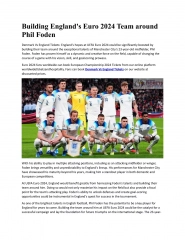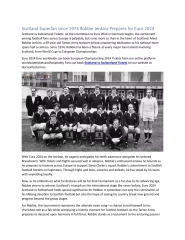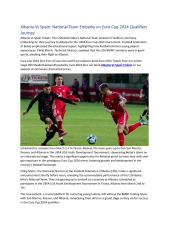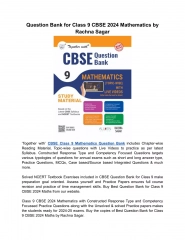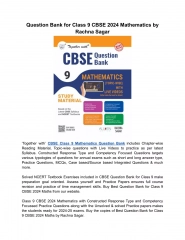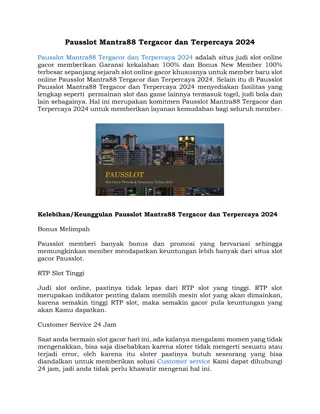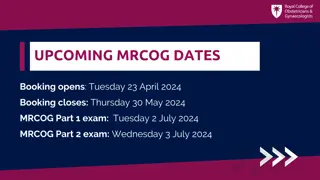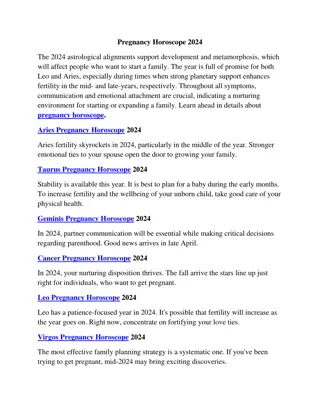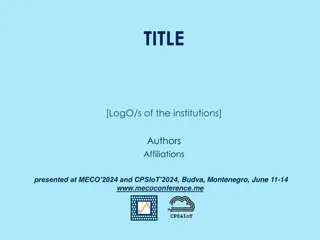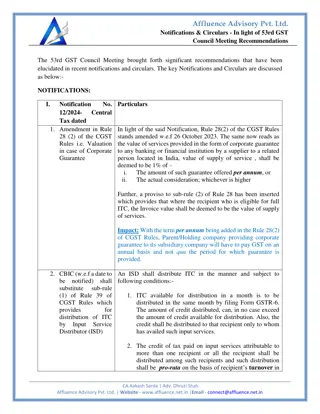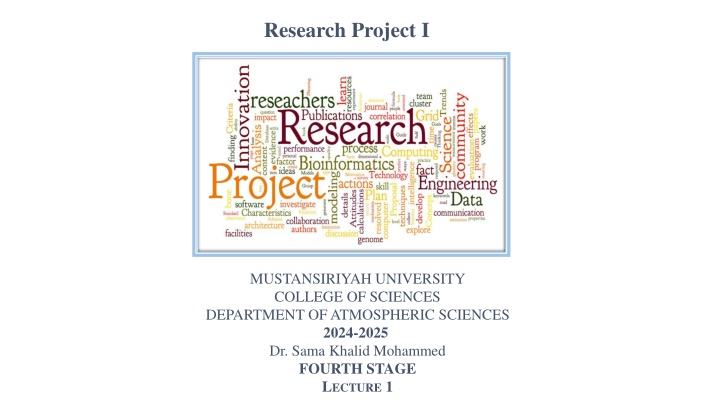
Academic Research and the Scientific Method
Explore the fundamentals of academic research and the scientific method in this comprehensive lecture outline. From defining academic research to explaining the scientific method, delve into the process of asking questions, conducting background research, formulating hypotheses, and performing experiments. Gain insights into the key principles guiding academic inquiry and scientific exploration.
Download Presentation

Please find below an Image/Link to download the presentation.
The content on the website is provided AS IS for your information and personal use only. It may not be sold, licensed, or shared on other websites without obtaining consent from the author. If you encounter any issues during the download, it is possible that the publisher has removed the file from their server.
You are allowed to download the files provided on this website for personal or commercial use, subject to the condition that they are used lawfully. All files are the property of their respective owners.
The content on the website is provided AS IS for your information and personal use only. It may not be sold, licensed, or shared on other websites without obtaining consent from the author.
E N D
Presentation Transcript
Research Project I MUSTANSIRIYAH UNIVERSITY COLLEGE OF SCIENCES DEPARTMENT OF ATMOSPHERIC SCIENCES 2024-2025 Dr. Sama Khalid Mohammed FOURTH STAGE LECTURE 1
Lecture Outline Introduction What is Academic Research? What is the Scientific Method? Ask a Question. Do Background Research. Background Research Plan. Finding Information.
What is Academic Research? Academic research can be defined as an investigation and writing based upon the idea of scientific inquiry. The scientific method is based on the assumption that everything in the universe is linked by cause and reaction. So a researcher using the scientific method of inquiry starts by making assumptions about what he or she expects to find after conducting research on a topic. This initial assumption is called a hypothesis. Researchers typically talk about a null hypothesis. A null hypothesis generally confirm that there is no meaningful relationship between two observed phenomena. The researcher then seeks to conduct research that will either prove or disprove the null hypothesis. The researcher develops a methodology, or method of testing the null hypothesis. Research is completed and the results are analyzed.
What is the Scientific Method? The scientific method is a process for experimentation that is used to explore observations and answer questions.
1. Ask a Question The question should be interesting enough to read about. There should be at least three sources of written information on the subject. You want to be able to build on the experience of others! The question should contain one factor (variable) that you can change in your experiment and at least one factor (variable) that you can measure. The experiment should measure changes to the important factors (variables) using a number that represents a quantity such as a count, percentage, length, width, weight, voltage, velocity, energy, time, etcetera. Or, just as good might be an experiment that measures a factor (variable) that is simply present or not present. For example, lights on in one trial, then lights off in another trial, or use fertilizer in one trial, then do not use fertilizer in another trial. If you cannot observe or measure the results of your experiment, you are not doing science!
1. Ask a Question You must be able to control other factors that might influence your experiment, so that you can do a fair test. A "fair test" occurs when you change only one factor (variable) and keep all other conditions the same. Is your experiment safe to perform? Do you have all the materials and equipment you need for your science fair project, or will you be able to obtain them in a reasonable amount of time at a cost that is okay for your family? Do you have enough time to do your experiment? For example, most plants take weeks to grow. If you want to do a project on plants, you need to start very early! For most experiments you will want to allow enough time to do a practice run in order to work out any problems in your procedures.
1. Ask a Question The steps for developing a research question, listed below, can help you organize your thoughts. Step 1: Pick a topic (or consider the one assigned to you). Step 2: Write a narrower/smaller topic that is related to the first. Step 3: List some potential questions that could logically be asked in relation to the narrow topic. Step 4: Pick the question that you are most interested in. Step 5: Change that question you re interested in so that it is more focused.
2. Do Background Research Background research is necessary so that you know how to design and understand your experiment, so that: you can design an experiment, you need to research what techniques and equipment might be best for investigating your topic. Savvy investigators want to use their library and Internet research to help them find the best way to do things. You want to learn from the experience of others rather than blunder around and repeat their mistakes. A scientist named Mike Kalish put it humorously like this: "A year in the lab can save you a day in the library." Background research is also important to help you understand the theory behind your experiment. In other words, science judges like to see that you understand why your experiment turns out the way it does. You do library and Internet research so that you can make a prediction of what will occur in your experiment, and then whether that prediction is right or wrong, you will have the knowledge to understand what caused the behavior you observed.
2. Do Background Research Background Research Plan To make a background research plan a roadmap of the research questions you need to answer follow these steps: Identify the keywords in the question for your science fair project. Use a table with the "question words" (why, how, who, what, when, where) to generate research questions from your keywords. For example: What is the difference between a series and parallel circuit? When does a plant grow the most, during the day or night? Where is the focal point of a lens? How does a java applet work? Why are moths attracted to light? Which cleaning products kill the most bacteria? Throw out irrelevant questions.
2. Do Background Research Background Research Plan Add to your background research plan a list of mathematical formulas or equations (if any) that you will need to describe the results of your experiment. You should also plan to do background research on the history of similar experiments or inventions. Network with other people with more experience than yourself: your mentors, parents, and teachers. Ask them: "What science concepts should I study to better understand my science fair project?" and "What area of science covers my project?" Better yet, ask even more specific questions.
2. Do Background Research Background Research Plan - Example Does drinking milk help decrease spiciness better than water or Pepsi? Begin by identifying the keywords and main concepts in your question. In this case keywords would be: Milk Spiciness Pepsi Water That's pretty easy! Now, what might be some of the main concepts that relate to these keywords? Let's think about spiciness first. You're going to do a science experiment, so knowing that a spicy food tastes "hot" is probably not sufficient. What about those questions? Are they relevant to out topic of research? Why does milk happen? How does milk happen? Who needs milk? What causes milk to increase (or decrease)? What is milk composed of? What are the properties and characteristics of milk? Where does milk occur?
2. Do Background Research Finding Information Most teachers will require you to find at least three sources of information. How to find information? Find and read the general information contained in an encyclopedia, dictionary, or textbook for each of your keywords. Use the bibliographies and sources ) sources of information. Search periodical indexes at your local library( ). Search the Internet to get information from an organization, society or online database. Broaden your search by adding words to your search phrases in search engines. Narrow your search by subtracting words from or simplifying your search phrases. in everything you read to find additional (
2. Do Background Research Finding Information When you find information, evaluate if it is good information: Good References Bad References Come from a credible source Come from a source with poor credibility Not too old Out of date Not objective and fair, biased towards one point of view Not biased Free of errors Prone to errors Properly cite the original source of all information Do not cite where the information came from Easy for other people to find or obtain Difficult for others to obtain
2. Do Background Research Finding Information How to Find Information Library Research Internet Research ( google, bing, etc. ) or some certain scientific pages. Researchgate, Mendeley, google books Note: sometimes you need to narrow or widen your search!!! This will narrow your search, and hopefully give your more relevant results. What is the composition of milk, Pepsi, and water? What are the properties and characteristics of milk, Pepsi, and water? milk composition milk properties characteristics If you aren't finding enough information, you need to simplify your search. Let's imagine that searching on "measuring spiciness" isn't finding what you want. Try searching on: measure spiciness spiciness spice
2. Do Background Research Finding Information How to Find Information Your Goal Never forget, the goal of your searching is to find information to answer the research questions you asked about your topic. Don't stop looking until you have sources that will answer your questions! Be sure to ask for help from mentors, parents, and teachers if you're having trouble.








